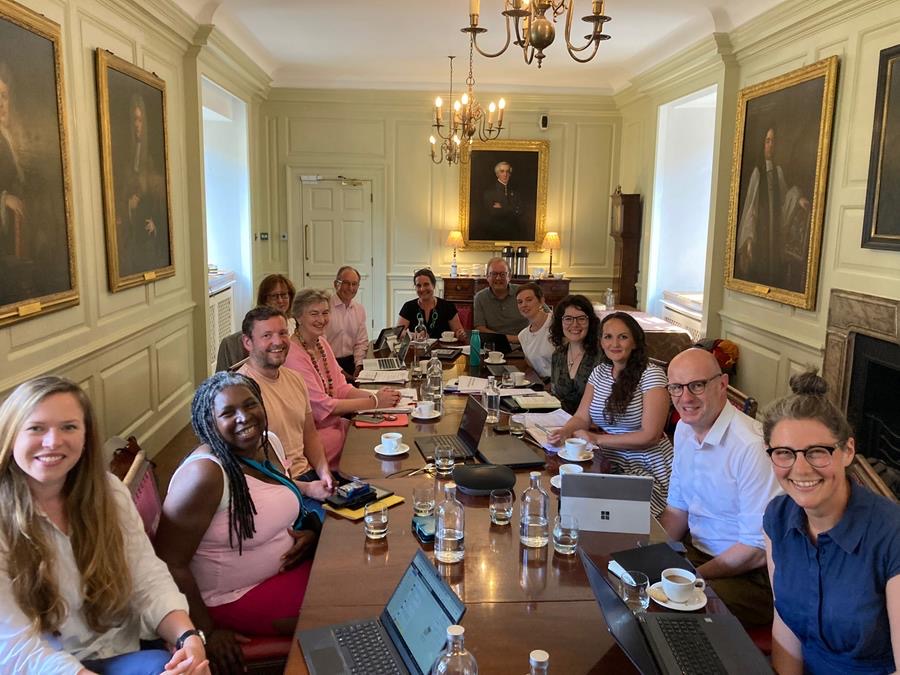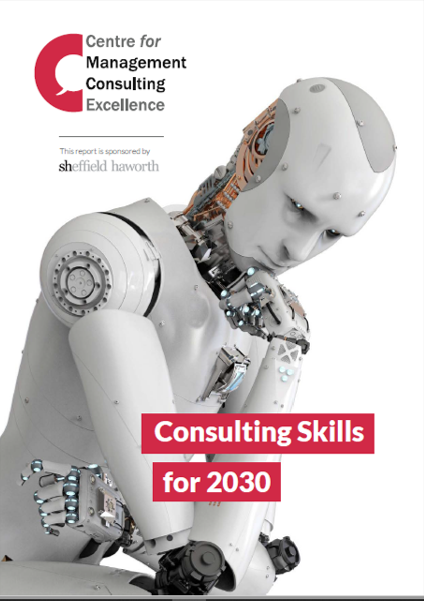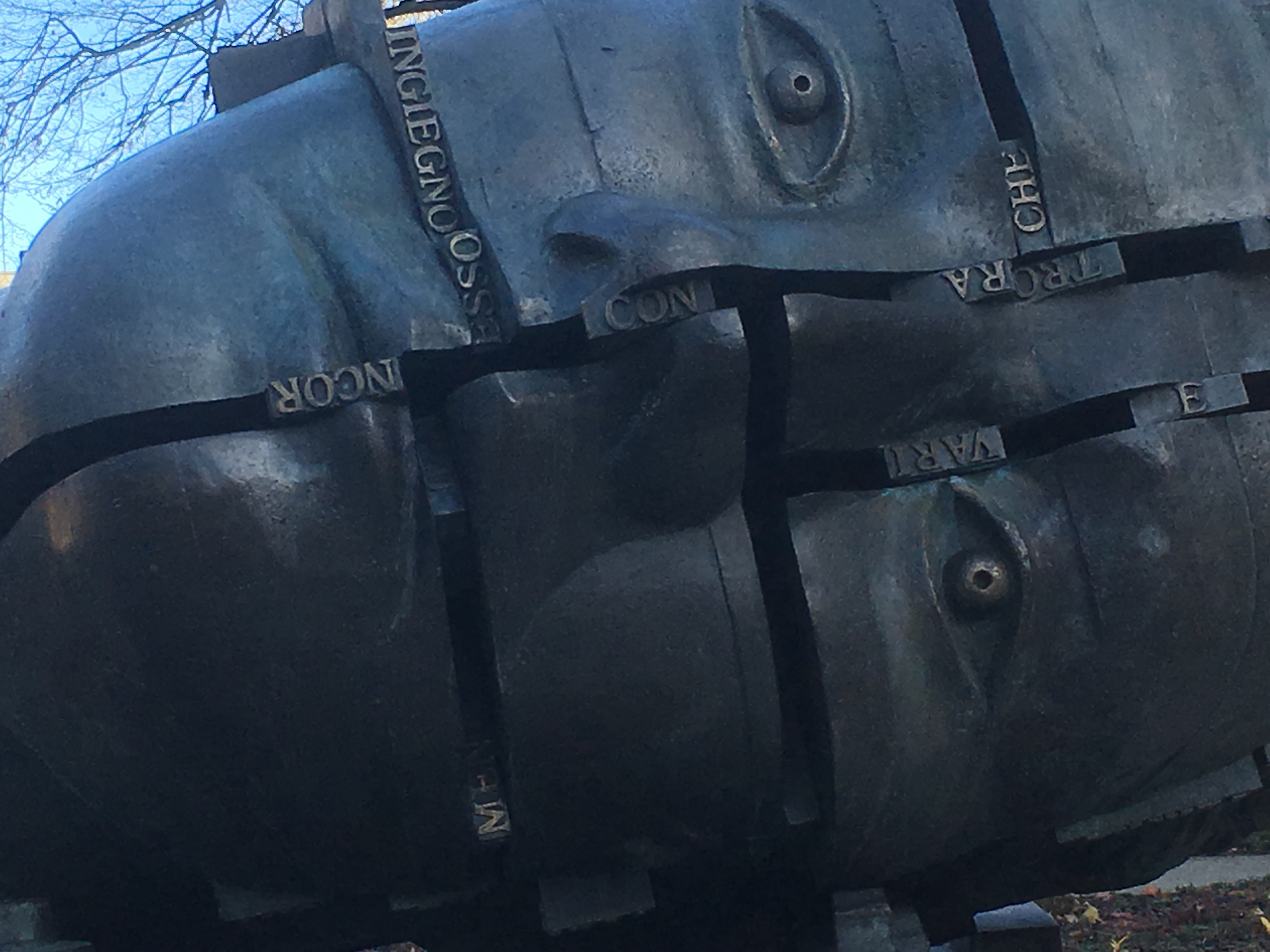I was recently profiled on the PwC alumni site in my role as Master of the Worshipful Company of Management Consultants.
I am grateful to PwC and its ancestor firms (I joined what was then Deloitte Haskins and Sells), for giving me entry to the fascinating world of management consulting. For those without access to the PwC alumni site, this is the gist of the profile:
Chris Sutton, Master of the Worshipful Company of Management Consultants (PwC, 1986-2000)
Chris tells us a little bit about his experiences:
What are you up to now?
The Master is the Volunteer CEO. My focus is on driving the strategy of the company, which includes Pro-bono consulting and mentoring, providing education through Bayes Business School and our Pro-bono Centre for Management Consulting Excellence, and participating in events ranging from formal livery dinners to pancake racing for charity and a charity sleepout for the homeless in Guildhall Yard. As Master I also act as the ambassador for the Company at a range of events in the City of London, and preside over a lovely ceremony where we admit new members to the Company.
What does a typical day (or week) look like for you?
I am a working Master, in that I also do management consulting assignments as an independent consultant, mainly in the international development and social justice sectors. So there is a lot of multi-tasking – except for each Friday and some Sundays where I volunteer as a chaplain in a prison (no mobiles or laptops allowed!). In summer terms I teach management consulting to MSc Management students at Bayes Business School, where it is great to be with the consultants of the future!
What are your passions, and how have they impacted the direction of your career?
Like many management consultants, I enjoy variety and actively seek out interesting and challenging opportunities. I am also committed to life-long learning; having become a chartered accountant with DH+S in 1989, I recently became a chartered management consultant. I had a great 13 years at PwC and its predecessor firms, working primarily in the banking sector. Then I joined Logica (now part of CGI) because I wanted to get into Outsourcing and rose to become global MD of BPO. After 15 years there I went independent. As all independents will tell you, there are periods of feast and famine, and in one famine I volunteered to work with a charity in Rwanda. That charity did work in prisons, and the experience there led me to focus on international development and social justice as my consulting sector of choice. And ultimately to become a volunteer prison chaplain in the UK, as well as recent roles as interim head of finance capability at Plan International, and interim head of strategy at Nacro.
Who has been the greatest influence on you during your career?
In my early career it was great client leaders like Don Argus, the then CEO of National Australia Group; in recent times it is Emmanuel Olusola King, a British Nigerian prison chaplain.
What is your fondest memory of your time at PwC?
Bizarrely, a short consulting engagement in the city of Zaporozhye in Ukraine in 1993 – there was so much energy and excitement in creating a new country. My heart bleeds for what is happening in that city today.
Are you still in touch with any of your former colleagues?
Yes – there are around a dozen PwC alumni who are members of the Worshipful Company of Management Consultants, and I come across many others in other livery companies such as the Chartered Accountants, the HR professionals, the Information Technologists, the Marketors and the Tax Advisors.
What did you learn during your time at PwC that you still keep with you today?
The combination of audit and management consulting training taught me to keep asking questions until I truly understand what people are telling me.
What do you value most about the alumni network?
It’s a great resource for connecting with people, and also for hearing truly inspirational stories at alumni events
What three people would you invite to a dinner party?
Michael Mainelli (the next Lord Mayor of London subject to election, and an inspirational Management Consultant); Emmanuel Olusola King (my mentor as a prison chaplain) and Ms Kanan Barot who will likely succeed me in October as the next Master of the WCOMC.
Where is your favourite holiday destination?
Greece. I studied Classics at university, and am enthralled by the ancient history of Greece and the archaeological sites. I have enjoyed at least 20 family holidays in Greece, always to different places, and there is still so much more to see. My favourite place within Greece is the ancient site of Delphi, standing among the ruins high on the mountainside, and looking out over groves of olive trees towards the distant sea.
What would be your motto?
I will borrow for myself the motto of the WCOMC: “Change through Wisdom”
What have been your main learnings over the last couple of years?
As someone who is naturally a bit introvert, I have enjoyed discovering an extrovert side through meeting so many fascinating people as Master of the WCOMC. At a practical level, coming out of the pandemic, face to face meetings are great, zoom is good, but a day of trying to combine face to face and zoom meetings is a challenge I have yet to solve.







